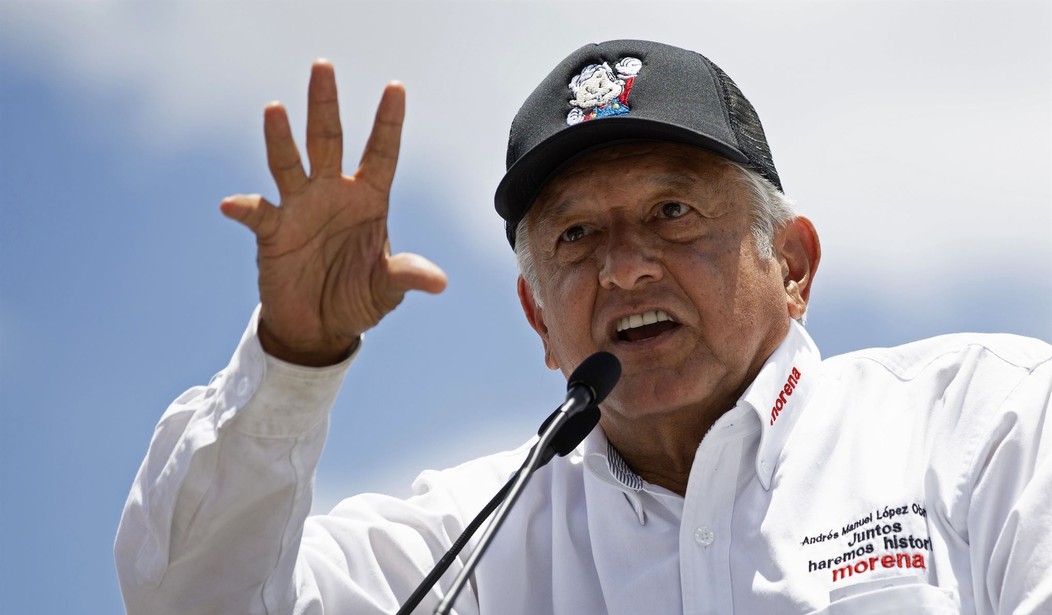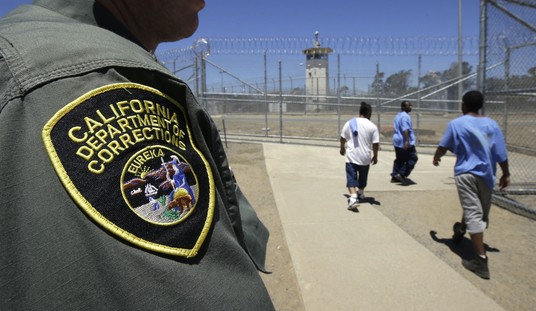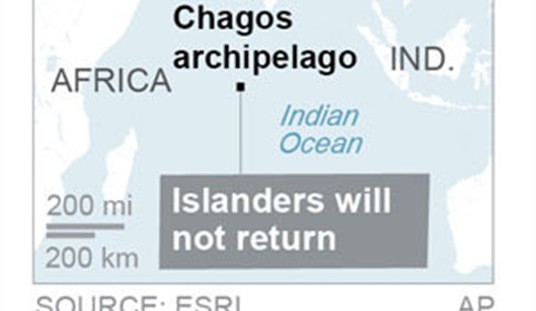Mexican President Andrés Manuel López Obrador is negotiating with the Biden administration to accept non-Mexican migrants deported by the United States. The potential agreement will allow U.S. authorities to carry out large-scale deportations for the first time. One former Clinton official calls it a game-changer.
This agreement could prove to be a breakthrough in securing the southern border. The ability to quickly deport non-Mexican migrants back across the border will reduce the record numbers of illegal crossings. The top immigration official during the Clinton administration, Doris Meissner, said this is likely a precedent. Mass deportations of non-Mexicans to Mexico could be a “game-changer.” She said, “I think we’re into a new era and new territory.”
A deal has not formally been reached but the U.S. and Mexican officials said the plan being discussed would support measures DHS is preparing to announce next week that will penalize the claims of asylum-seekers who cross illegally or fail to apply for protection in nations they travel through to get to the U.S. border. There will be a “presumption against asylum eligibility”. The Biden administration told the Supreme Court in a briefing this week that illegal border crossers who ace deportation claim a fear of persecution in their home countries.
When the pandemic began in 2020, the U.S. government put Title 42 into effect at the recommendation of the CDC. This enabled the expelling of many non-Mexicans to Mexico under the public health law. However, the Biden administration officials argue that formal deportations create legal consequences they need to deter illegal crossings. There is little doubt that immigration activists and other Democrats will oppose the agreement.
The use of the word ‘removals’ seems to be the key to the new agreement. Deportations would be carried out using the fast-track process known as “expedited removal.” That is according to the Federal Register Notices and officials with knowledge of the plans. Notices issued by DHS last month make multiple references to Mexico accepting U.S. “removals.” That is the term for deportations when Title 42 restrictions expire.
Removals will be limited to Cubans, Nicaraguans, Haitians, and Venezuelans when the U.S. is unable to send them to their home countries. Sometimes deportees have been sent to other countries when their home countries refuse to accept them but not at this scale. The Trump administration used the Remain in Mexico program which required thousands of migrants to wait outside U.S. territory while their asylum claims were processed but it didn’t send applicants back to Mexico as deportees.
The Biden administration is seeking to lift Title 42 restrictions which became the government’s primary tool for expulsions at the southern border. The administration has been blocked in federal court, though. The Supreme Court will hear oral arguments next month.
The Biden administration argues that Title 42 restrictions incentivize illegal crossings because migrants don’t face legal consequences for repeat attempts. The record numbers of migrants from Cuba, Nicaragua, and Venezuela have been because of strained relations with the United States. Migrants know their countries will not take them back. Mexico doesn’t face those restrictions. This agreement with Mexico is in line with the Los Angeles Declaration on Migration and Protection signed by the United States in 2022. That is when 21 Western Hemisphere nations pledged to expand cooperation in cracking down on smuggling. Mexican cooperation is the key.
Mexico is the linchpin of the plan. Authorities there have long resisted taking back U.S. deportees who are not Mexican citizens, but the government of President Andrés Manuel López Obrador has demonstrated a broad willingness to assist Washington with border control measures, accommodations that have earned him leverage over other aspects of U.S.-Mexico relations.
Mexican authorities have been adamant they will not accept the type of arrangement known as a “safe third country” agreement that would enable the United States to send all asylum seekers there. The deportation plan under discussion would be different, allowing Mexican authorities to retain control over key elements, such as the nationalities of those subjected to formal removals, according to officials with knowledge of the arrangement.
DHS explains that quick deportations move migrants to legal pathways and away from smugglers. They are directed to CBP One, the new online app that allows them to schedule an asylum appointment at a U.S. port of entry. They can apply for a two-year permit to live and work in the United States through the parole process. They need a U.S. sponsor but if they meet all the requirements, they can come to the United States by plane and will receive fast-track work authorization. Once they arrive in the U.S. they can apply for asylum or another legal status.
We’ll see if Mexico agrees with the Biden administration. It’s a start. Migrants are coming across the border from over 140 countries around the world. These specific countries are the ones with the most frequent illegal migrants in recent months.








Join the conversation as a VIP Member